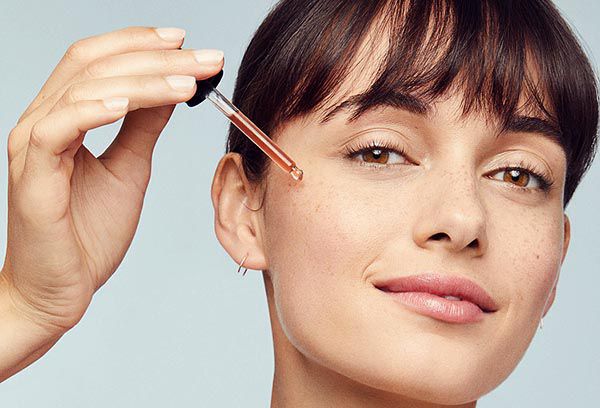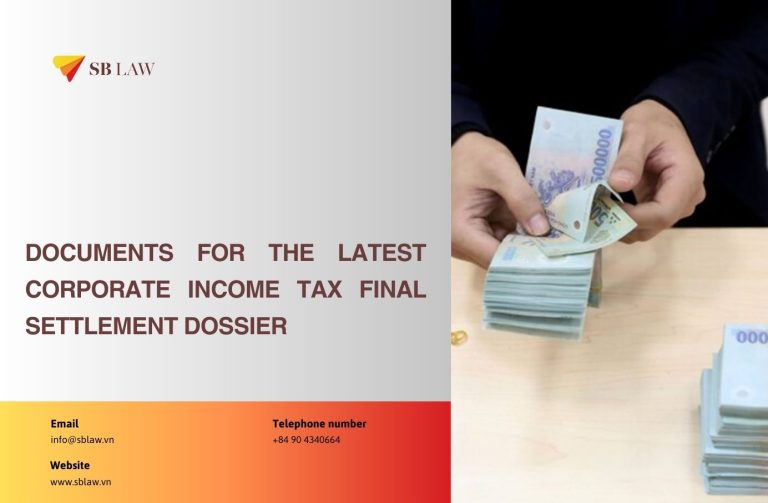Question:
Our company, established in Japan, is involved in the business of cosmetic products derived from stem cells. Currently, we are looking to expand our market presence in Vietnam. We would like advice on whether we can import and distribute these products in Vietnam, and if so, what procedures need to be followed?
Answer:
Based on the information provided by the company, it is crucial to determine the origin of these stem cells (whether derived from plants, animals, or humans). The following scenarios need to be considered:
- Company’s products containing stem cells sourced from humans: According to Official Dispatch No. 4555/QLD-MP dated 12th March 2015, on the enhancement of cosmetic management issued by the Drug Administration and sent to health departments nationwide, 'The Drug Administration shall not issue an acceptance for the Declaration Form for any cosmetic product containing placental and human stem cells.” Therefore, the Company is not allowed to import or trade products containing stem cells sourced from humans.
- Company’s products containing stem cells not sourced from humans: The Ministry of Health does not prohibit the import and trade of cosmetic products and services related to stem cells not sourced from humans. However, certain conditions must be met.
- Procedures for conducting business on products of stem cells not sourced from human:
Topical products: According to Article 3 and Article 7 of Circular No. 06/2011/TT-BYT, when importing, individuals or organizations responsible for bringing products to the market must undergo cosmetic product announcement procedures and obtain an Announcement Form for cosmetic products from the competent state authority.

Injectable products:
Stem cells in injectable form are classified as Medical Devices (Type D). To import and distribute medical devices of this type, the following procedures must be followed:
(i) Obtain a Certificate of Registration for the product (Point a, Clause 1, Article 22, Decree No. 98/2021/ND-CP);
(ii) Declare compliance with conditions for buying and selling medical devices Type B, C, D (Article 41, Decree No. 98/2021/ND-CP).
For establishments offering aesthetic services: According to Clause 5, Article 23a, Decree No. 109/2016/ND-CP (amended and supplemented by Decree No. 155/2018/ND-CP), "Aesthetic services that use drugs, substances, equipment to intervene in the human body (surgery, procedures, interventions involving injection, infusion, pumping, radiation, burning, or other invasive interventions) to change the color of the skin, shape, weight, defects of parts of the body (skin, nose, eyes, lips, face, chest, abdomen, buttocks, and other parts of the body), tattooing, injecting, embroidering on the skin using injectable anesthetics may only be performed in hospitals specializing in aesthetics or specialized aesthetic clinics or medical examination and treatment establishments with specialized activities in aesthetics depending on the scope of professional activities approved by the competent authority.”
Therefore, only hospitals specializing in aesthetics, specialized aesthetic clinics, or medical examination and treatment establishments with specialized activities in aesthetics are authorized to provide aesthetic services involving the injection of stem cells into the human body.




